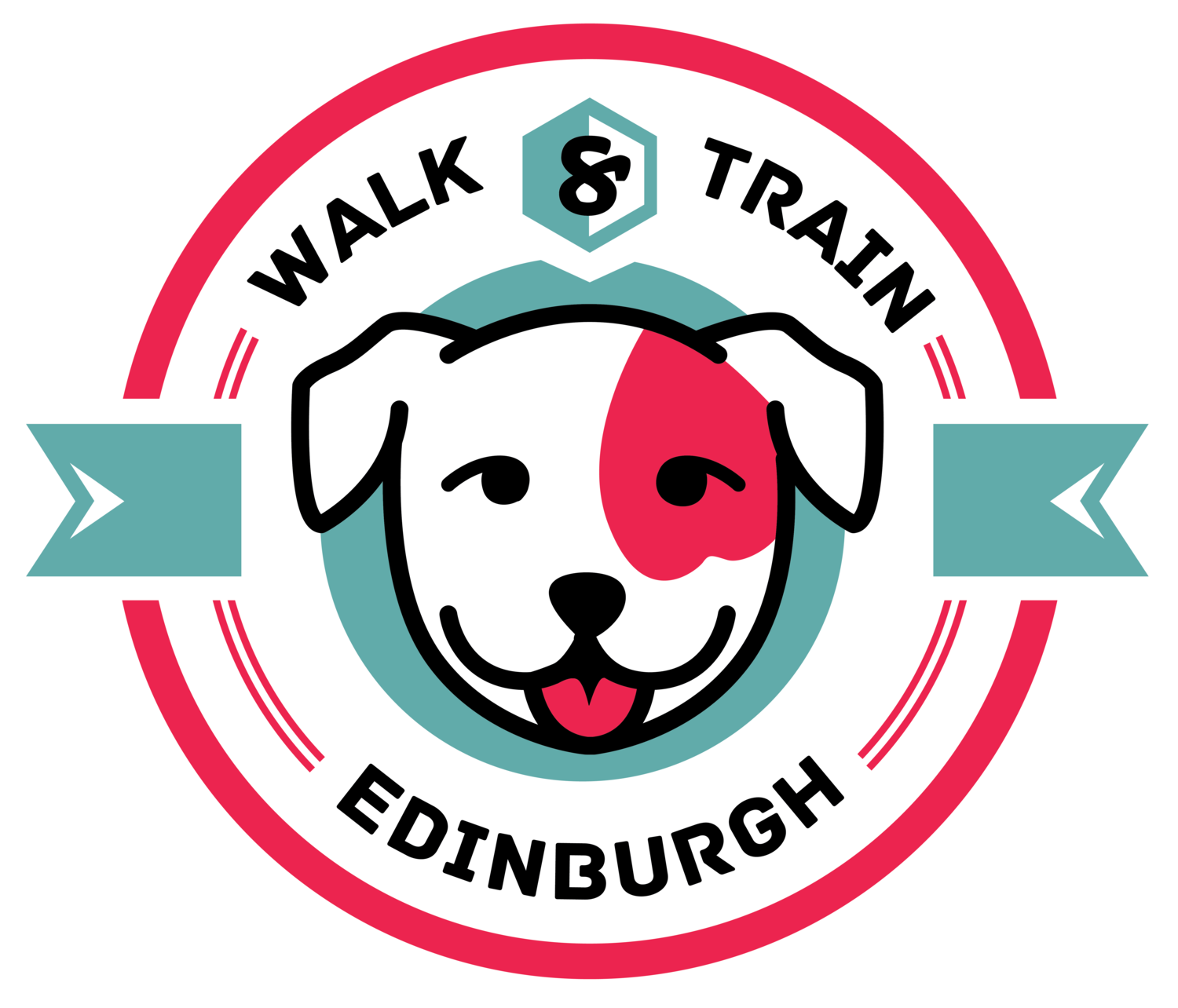Rewards #2
This is the second part of the series on rewards, and should probably be titled Reinforcement, but I wanted to keep it simple! Behind all behaviours, there is a reinforcer that is sustaining the behaviour. For example, if pulling hard towards a tree gets the dog to smell it, or lunging forward excitedly gets the dog to greet a person, the dog will continue to practice the behaviour. Every time it is practised, it is also reinforced, and becomes stronger with time. Some behaviours are also reinforcing in themselves to many dogs, such as smelling or chasing.
What the dog practices, you will get more of. For example, if your dog barks at dogs or people on walks, you also need to make sure the dog does not get to practice this behaviour in any other situation, for example, at the window from inside the house or at the garden fence. If your dog is nervous of people, it is learning that barking is an effective way to keep people away. Person appears outside on the street, dog starts barking (behaviour), person keeps walking and goes away (reinforcer). Every time the behaviour is practised, it is more likely to happen in the future. Try to set up your days to, as much as is practically possible, prevent your dog from practising unwanted behaviours. For the above situations, you need to either manage it (the dog does not have access to the window or fence), or preferable, train your dog so that it no longer practices these behaviours (reward the dog for staying quiet when people appear with food or more space, teaching the dog that you can keep people away from it on walks).
If your dog is reacting to other dogs out of frustration when it is on leash because it wants to say hello or play, you need to keep the dog on a long line when it is off leash (management) to block it from running up to other dogs while you teach it to pass other dogs calmly (training). As long as the dog is allowed to run up to other dogs when off leash, this habit is reinforced (it gets the satisfaction from meeting the other dog), and your dog will keep wanting to do the same thing when on leash.
In order to modify a behaviour, it is important to understand what is sustaining it, so that competing reinforcers can be introduced. However, there is also a danger in looking at behaviours as isolated events. Many of the people we see have focused only on their dog's reactivity or recall without taking the whole dog into consideration. At many times, when the relationship with the owners is improved, and the dog's overall stress decreased, behaviours that were previously problematic disappear.

